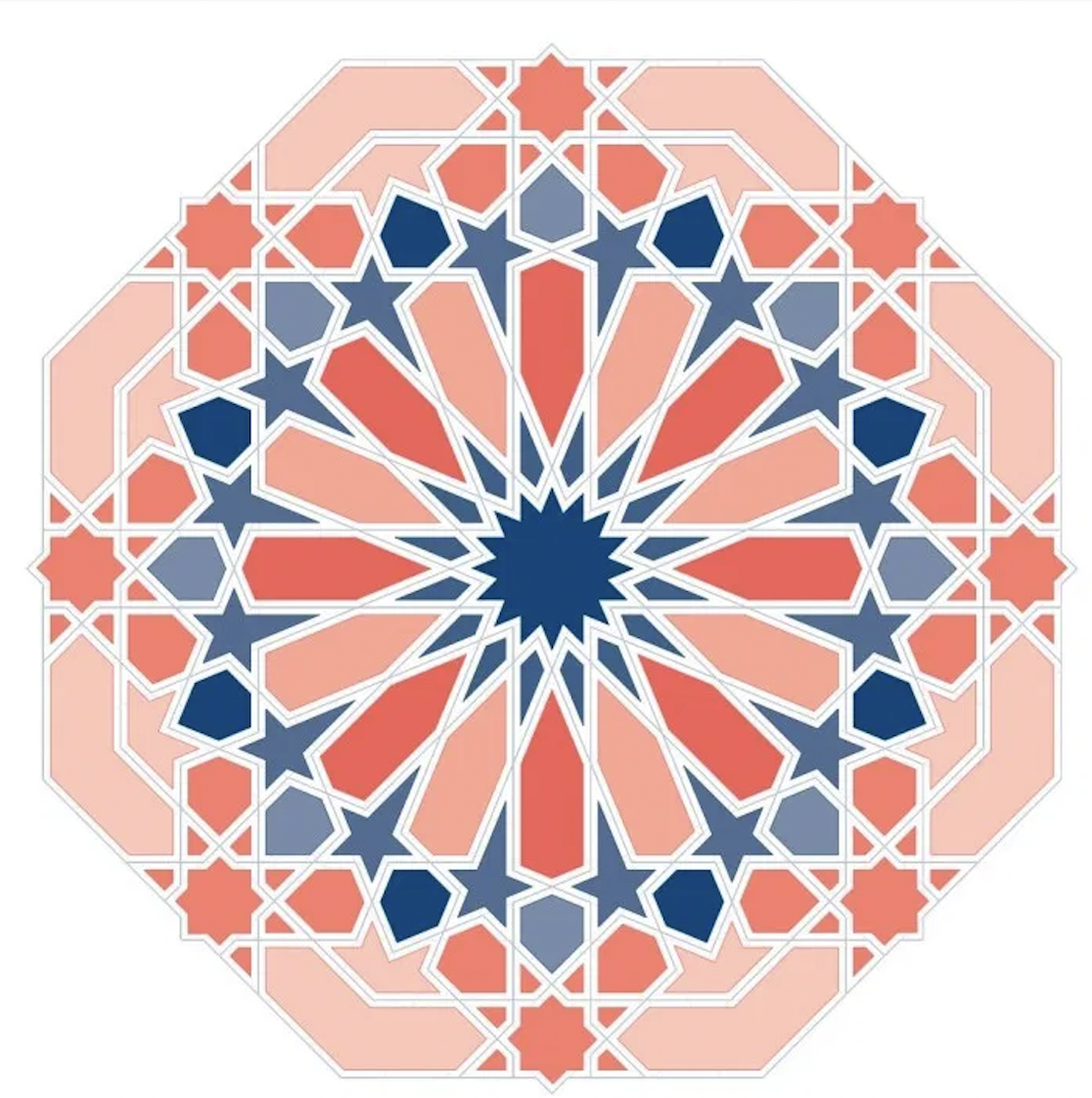The Holy Month of Ramadan
Awareness, Understanding and Creating an Inclusive Workplace
Ramadan, the Holy Month of fasting for Muslims, starts at the beginning of April this year, based on the sighting of the new moon. Muslims across the world will excitedly be starting preparations to embark on a month of spiritual renewal.
Fasting is one of the five pillars of Islam; it is an act of worship where one refrains from food and drink from sunrise to sunset. This year the fasting day will be approximately fifteen hours. However, Ramadan is so much more than not eating; it is also a time of reflection, discipline, abstaining from bad habits, extra prayers, charity, acts of kindness and connection with family and community.
This is why Ramadan is actually a really exciting time. Research has indicated that more Muslims actively fast in Ramadan than pray or observe their religion throughout the year.
Traditionally Muslim countries announce the beginning of Ramadan in a variety of ways including canon fire in Egypt and other Middle Eastern countries. Indonesian Muslims welcome Ramadan with a cleansing ritual called the ‘Padusan’; they bathe in the beautiful natural springs as a symbol of renewal and purity.
In Palestine, the community prepare beautiful traditional lanterns and put them up in houses and bazaars. In Turkey, Morocco and India, there is a custom of drummers, town criers or ‘sehriwalas’ in Urdu, who announce the beginning of the dawn ‘sahoor’ meal. British Muslims also have their own unique ways of celebrating the month.
There is a real vibe associated with Ramadan, and towns come alive at the time of breaking fast or ‘iftar’. For iftar, Muslims try to follow the Prophet Muhammad’s tradition of breaking fast with dates and water. The dates provide energy and the water rehydrates. Following this, special tasty and nutritious foods are prepared this month which differ across all Muslim traditions.
The community aspect, especially the iftar meal and night prayers are a very important part of this special month. It really is a whole community endeavour from young children who choose to fast, through to all ages, obviously depending on health and energy levels.
Not all Muslim choose to fast, or cannot fast for a variety of reasons including health, pregnancy and old age, however they can still get involved in the charity, spiritual and community aspect of the month. No one is excluded, and it’s a very inclusive experience.
The last ten days of Ramadan are especially significant, as there is a special night within this time period when the Qur’an (Muslim Holy book) was first revealed to Prophet Muhammad. Therefore, Muslims will perform extra prayers during these ten days, and sometimes they even choose to enter a period of spiritual seclusion.
Ramadan is about resetting the normal rhythm and slowing things down, so there is time to focus on the spiritual core. Muslims will try and adapt to the pace; making time for extra prayers and many try to read the whole Qur’an over Ramadan. When the month is over, there is sense of sadness because of all the benefits and blessing that Ramadan brings. The end of the fasting period is marked by a massive community festival known as Eid-ul-Fitr. Traditionally, Eid is celebrated for three days and in Muslim countries these days are a public holiday.
In order to create an inclusive workplace that caters for everyone, an understanding of Ramadan is key to supporting your work mates through the fasting period. On top of that, there are some simple ideas below that can help employers foster a greater atmosphere of tolerance and mutual respect.
